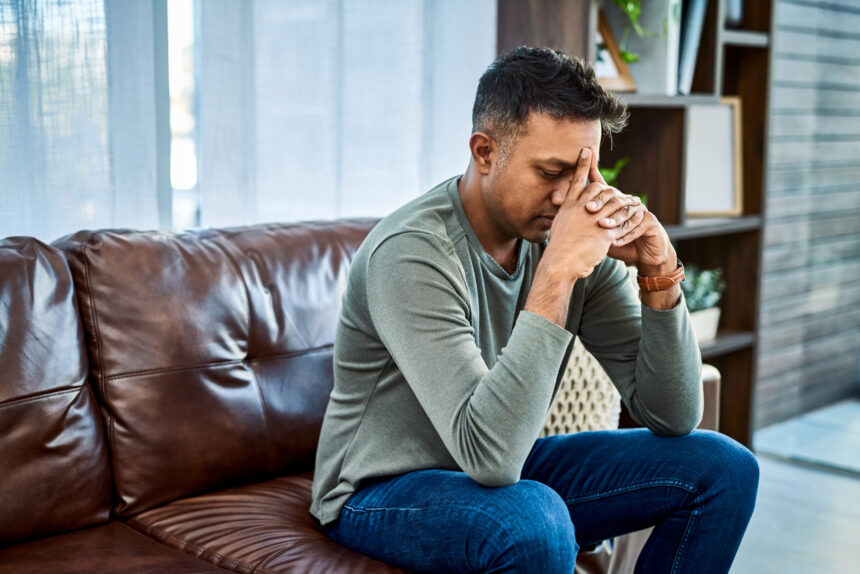Anxiety is more than occasional worry; it’s a persistent state of fear or tension that can interfere with daily life. For those struggling with severe anxious feelings, finding the right treatment approach is fundamental to regaining balance and peace of mind. Here are four effective approaches to treating anxiety disorders:
1. Cognitive Behavioral Therapy (CBT)
Cognitive Behavioral Therapy (CBT) is a fundamental treatment method for anxiety disorders. CBT focuses on identifying and changing negative thought patterns that contribute to anxiety symptoms. CBT helps individuals recognize how their thoughts, feelings, and behaviors connect with each other.
During CBT sessions, therapists teach specific techniques to challenge anxious thoughts. Patients learn to examine evidence for and against their worries. They also practice replacing negative thoughts with balanced and realistic ones. This process takes time and practice, but can lead to significant improvement in symptoms.
CBT also includes exposure therapy for certain anxiety disorders. This technique gradually exposes individuals to feared situations or objects in a controlled environment. The goal is to reduce the fear response over time through repeated, safe exposure.
2. Medication Management
Medication management involves using prescription drugs to reduce anxious symptoms. Several types of medications can be helpful for anxiety disorders. Antidepressants, particularly selective serotonin reuptake inhibitors (SSRIs), are commonly prescribed for long-term management.
Anti-anxiety medications may provide quick relief for severe symptoms. These medications are typically prescribed for short-term use due to potential dependency risks. Beta-blockers can help manage physical symptoms, such as rapid heartbeat and trembling. A qualified healthcare provider will prescribe and monitor anxiety medications. They will contemplate factors like medical history, other medications, and potential side effects when determining the best medication approach.
3. Mindfulness and Relaxation Techniques
Mindfulness and relaxation techniques offer valuable tools for managing symptoms. Here are some practices that can help individuals regulate their emotional and physical responses to stress:
- Deep Breathing Exercises: These help activate the body’s relaxation response and reduce physical symptoms of anxiety by promoting slower, deeper breaths.
- Progressive Muscle Relaxation: This involves tensing and then releasing different muscle groups throughout the body. It helps individuals identify and release physical tension.
- Meditation Practices: Techniques such as guided meditation and mindfulness meditation train the mind to observe thoughts and feelings without judgment.
Regular practice of these techniques can lead to improved overall stress management and reduced anxiety levels.
4. Lifestyle and Behavioral Adjustments
Lifestyle and behavioral adjustments play a key role in managing anxiety disorders. Exercise releases natural mood-boosting chemicals in the brain and provides a healthy outlet for stress and tension. Sleep hygiene is fundamental for mental health and anxiety management. This includes maintaining a regular sleep schedule, creating a comfortable sleep environment, and avoiding caffeine or screens before bedtime. Poor sleep can worsen symptoms, while good sleep habits support overall mental wellness.
Explore Therapy Options for Anxiety
Anxiety disorders are treatable conditions with multiple approaches. Cognitive Behavioral Therapy helps change negative thought patterns, while medication management can provide symptom relief. Mindfulness techniques offer valuable coping skills, and lifestyle adjustments support overall mental wellness. Contact a mental health specialist near you to schedule a consultation today and explore available therapy options.





